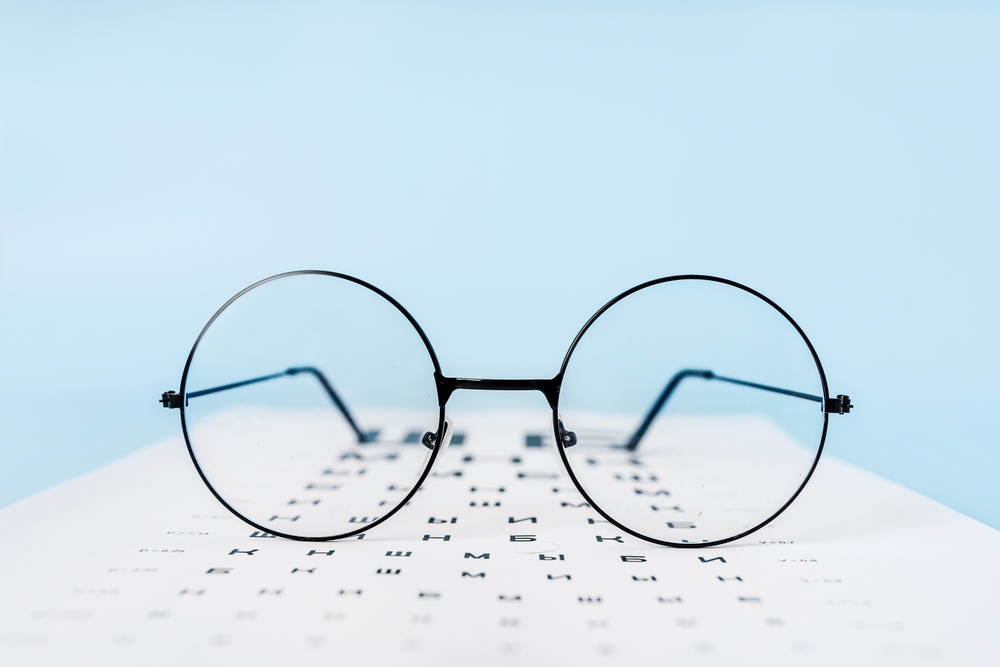
As we age, our vision naturally changes, and one of the most common issues people face is difficulty with close-up tasks, such as reading. This condition typically begins to affect adults in their early to mid-40s. If you're holding books, menus, or your phone at arm’s length to read clearly, it might be time to consider reading glasses. But how can you be sure?
What Causes the Need for Reading Glasses?
The main cause of presbyopia is the natural aging process. As we age, the lenses in our eyes lose flexibility, making it more difficult to focus on nearby objects. This change is a normal part of getting older and affects nearly everyone at some point.
Common Signs You Might Need Reading Glasses
Blurry Vision Up Close: One of the most noticeable signs of presbyopia is blurry vision when focusing on nearby objects. If you struggle to read fine print, such as on labels, or have trouble with activities like sewing, reading glasses can help bring these tasks back into focus.
Eye Strain: Experiencing frequent eye discomfort after reading or using your phone may be a sign of eye strain. This can occur when your eyes are working harder to focus on close-up objects, leading to fatigue, tension, or headaches.
Frequent Headaches: Eye strain from struggling to focus on near objects often leads to headaches, especially after prolonged reading or working on a computer. If you’re experiencing headaches more often, it could be an indicator that reading glasses are needed.
Needing More Light: If you find yourself needing brighter light to see clearly while reading or working up close, this could also be a sign of presbyopia. As the lenses in your eyes become less flexible with age, they require more light to focus properly on close-up tasks.
Difficulty with Fine Print: Struggling to read small text on your smartphone or fine print in books and newspapers is a common issue for people with presbyopia. If you're constantly squinting or enlarging the font size on your digital devices, reading glasses could make a significant difference.
When to See an Eye Doctor
While many people notice these signs on their own, it’s important to schedule an eye exam with a professional if you think you may need reading glasses. An eye doctor can assess your vision and determine the correct prescription for your needs. Additionally, they can check for other potential eye health issues that may be affecting your vision.
Choosing the Right Reading Glasses
Once your eye doctor determines that you need reading glasses, you’ll have options. Over-the-counter reading glasses are available in various strengths, but custom prescription lenses tailored to your exact vision needs will provide the best clarity and comfort. If you already wear prescription glasses for distance vision, you might also consider bifocals or progressive lenses to cover both your near and far vision needs.
Schedule Your Comprehensive Eye Exam with Clarity Vision Today
If you’re experiencing any symptoms presbyopia, it’s a good idea to get your eyes checked. Reading glasses can significantly improve your quality of life, making everyday tasks easier and reducing eye strain. At Clarity Vision, our experienced team is here to help you find the right solution for your reading vision needs.
Schedule a comprehensive eye exam with Clarity Vision and take the first step towards clearer vision. Visit our office in Apex, North Carolina, or call (919) 367-2832 to book an appointment today.
















